The same number of nations in the WHO European Region despite everything battle with the COVID-19 pandemic, evacuees, and transients are having a significant impact in endeavors to battle the coronavirus, supporting wellbeing frameworks and networks with their abilities over the Region.
On World Refugee Day, WHO/Europe joins United Nations Secretary-General António Guterres in underlining the need to remember displaced people and transients for endeavors, plans, and techniques to battle COVID-19.
The COVID-19 pandemic has significantly affected exiles and transients in 3 particular manners.
In wellbeing – The conditions where they may live and the absence of access to social insurance can put outcasts and vagrants at more serious hazards from the infection.
In pay – Refugees and transients may work in the casual division and in different occupations that need social security. Any loss of pay is likewise liable to prompt a gigantic drop in the degree of settlements sent back home, which a huge number of individuals depend on.
Insecurity – Border limitations have been forced by most nations around the globe, making no special case for individuals looking for a haven from oppression. Xenophobia, bigotry, and criticism have all expanded during the pandemic.
WHO as of late reported a closer joint effort with the United Nations High Commissioner for Refugees (UNHCR). The associations will work next to each other to guarantee that readiness, counteraction and general wellbeing reaction measures to COVID-19 arrive at exiles, refuge searchers, inside dislodged individuals and stateless individuals. By uniting, the two associations will have the option to all the more likely use assets and fortify general wellbeing arrangements on the ground.
"The COVID-19 pandemic has claimed a tremendous human expense and requested that wellbeing frameworks over the Region mount compelling and comprehensive reactions that abandon nobody," said Dr. Hans Henri P. Kluge, WHO Regional Director for Europe.
"However it likewise offers nations a chance to perceive the important help – from social insurance abilities to social intervention to delivering defensive hardware – that outcasts and vagrants can offer to COVID-19 reaction endeavors. On World Refugee Day, I might want to thank outcasts and transients for the heap ways that they are adding to the COVID-19 reaction," Dr. Kluge included.
Together in the battle against COVID-19
The COVID-19 pandemic has demonstrated indeed that outcasts and vagrants can add to accomplishing all-inclusive wellbeing inclusion. They likewise assume an imperative job in our battle against the coronavirus. At whatever point social, monetary, managerial, and lawful hindrances restraining exiles' and transients' capacity to help endeavors have been lifted, they have added to better wellbeing for all.
During the COVID-19 pandemic, exiles and vagrants have upheld reaction endeavors in different manners, including by:
approaching if they have clinical capabilities and offering their aptitudes as social insurance laborers, for example, attendants, specialists, and clinical colleagues;
offering their assistance in basic administrations that can't be intruded, for example, medical clinic cleaning and refuse assortment;
helping as social middle people and interpreters in the spread of disease counteraction rules and wellbeing messages;
delivering face covers, defensive rigging, cleansers, and other cleaning items;
shaping volunteer gatherings to help the most powerless individuals from their networks, for example, more seasoned individuals, by looking for goods and getting meds;
making workmanship and music that advances messages of expectation, solidarity and mindfulness; and
sharing systems and data on the best way to stay sound at home.
Individual stories from Turkey and Greece
Ahmed, a Syrian displaced person and medical attendant working in a vagrant wellbeing place in Izmir, Turkey, is glad to be a piece of a group joined by the shared objective of conveying social insurance during the pandemic.
"To address the wellbeing dangers brought about by COVID-19, I turned out to be a piece of a contact-following group, helping patients review everybody whom they had been in close contact with during the time they were irresistible," clarifies Ahmed. "I additionally helped as an interpreter when we were talking with Arabic-talking patients. Having the option to convey without language obstructions and in a non-judgemental route is of the pith during contact following, particularly as distinguishing perhaps contaminated people is a period touchy issue – the sooner individuals are recognized, the fewer individuals are in danger."
"I fled Afghanistan right around 21 years prior," says Qadir Hossaaini, a 38-year-old exile from Afghanistan who is currently filling in as a translator and wellbeing middle person. "In 2001, I was living in a displaced person cover in Greece, where I started to consider Greek. Presently, I am appreciative I can support patients and specialists to connect the phonetic partition. Guaranteeing powerless individuals approach the general wellbeing framework is satisfying and we proceed with our work despite COVID-19. We wear defensive hardware and regularly need to console the individuals who are stressed over the infection."
While evacuees and transients may live in conditions that make them especially helpless against COVID-19, they are additionally part of an assembled reaction.
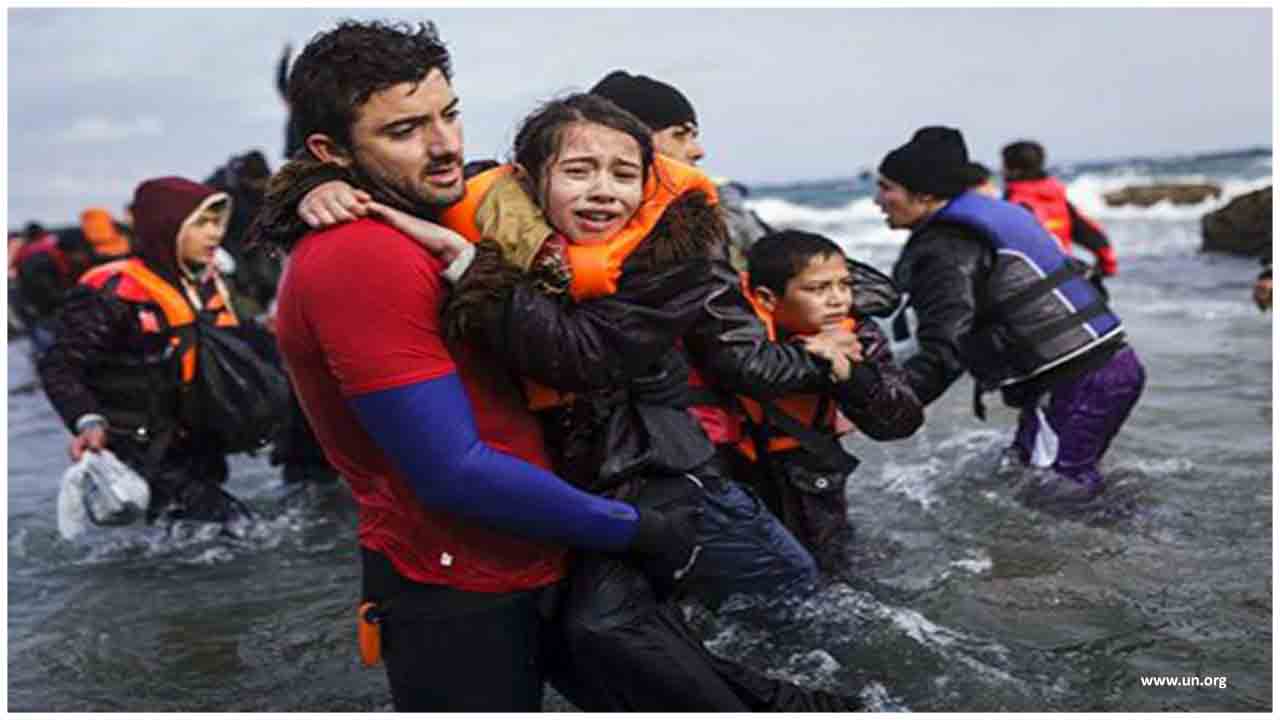
 WHO/Europe joins United Nations Secretary-General in emphasizing the need to include refugees and migrants in efforts, plans, and strategies to fight COVID-19.
WHO/Europe joins United Nations Secretary-General in emphasizing the need to include refugees and migrants in efforts, plans, and strategies to fight COVID-19.




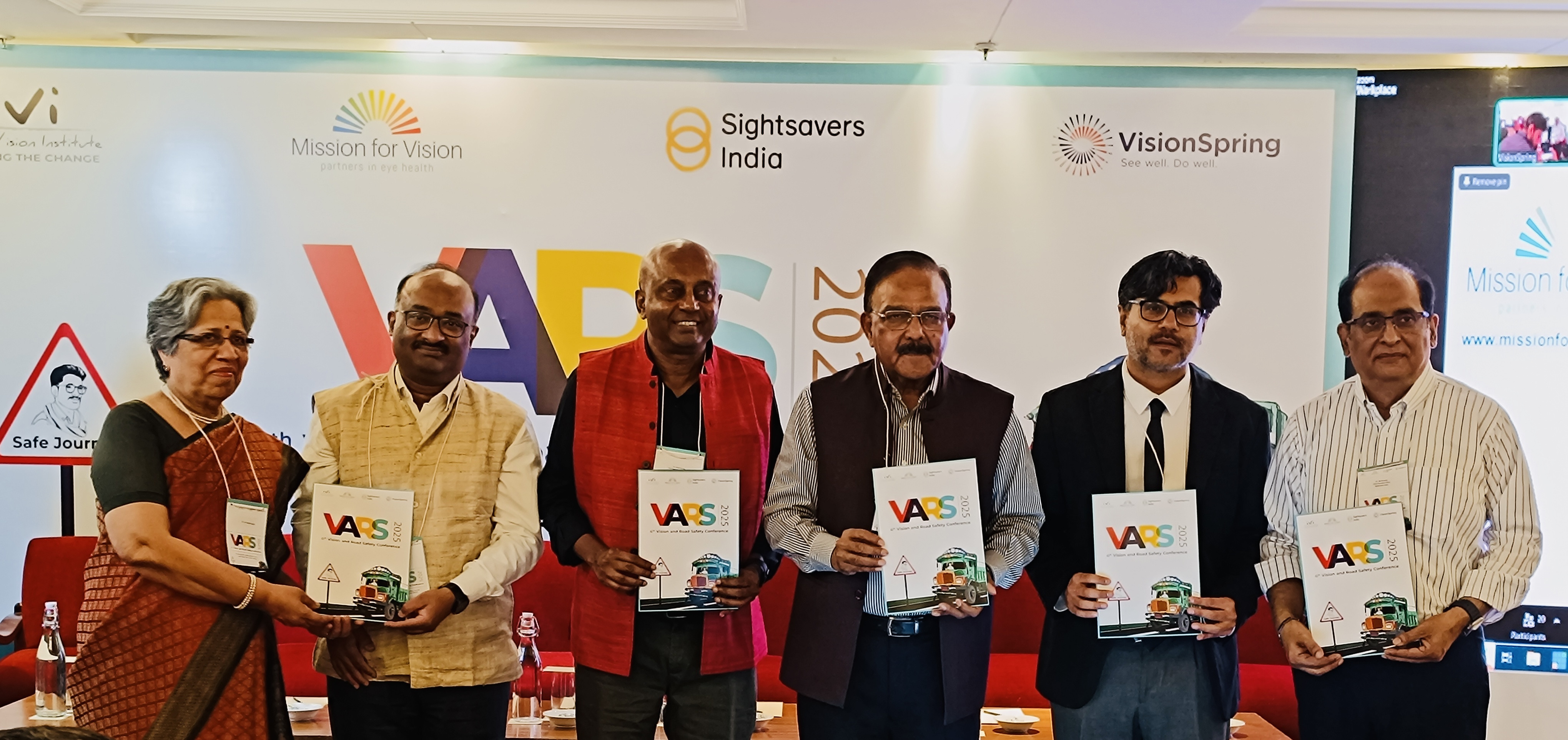


.png)
.png)

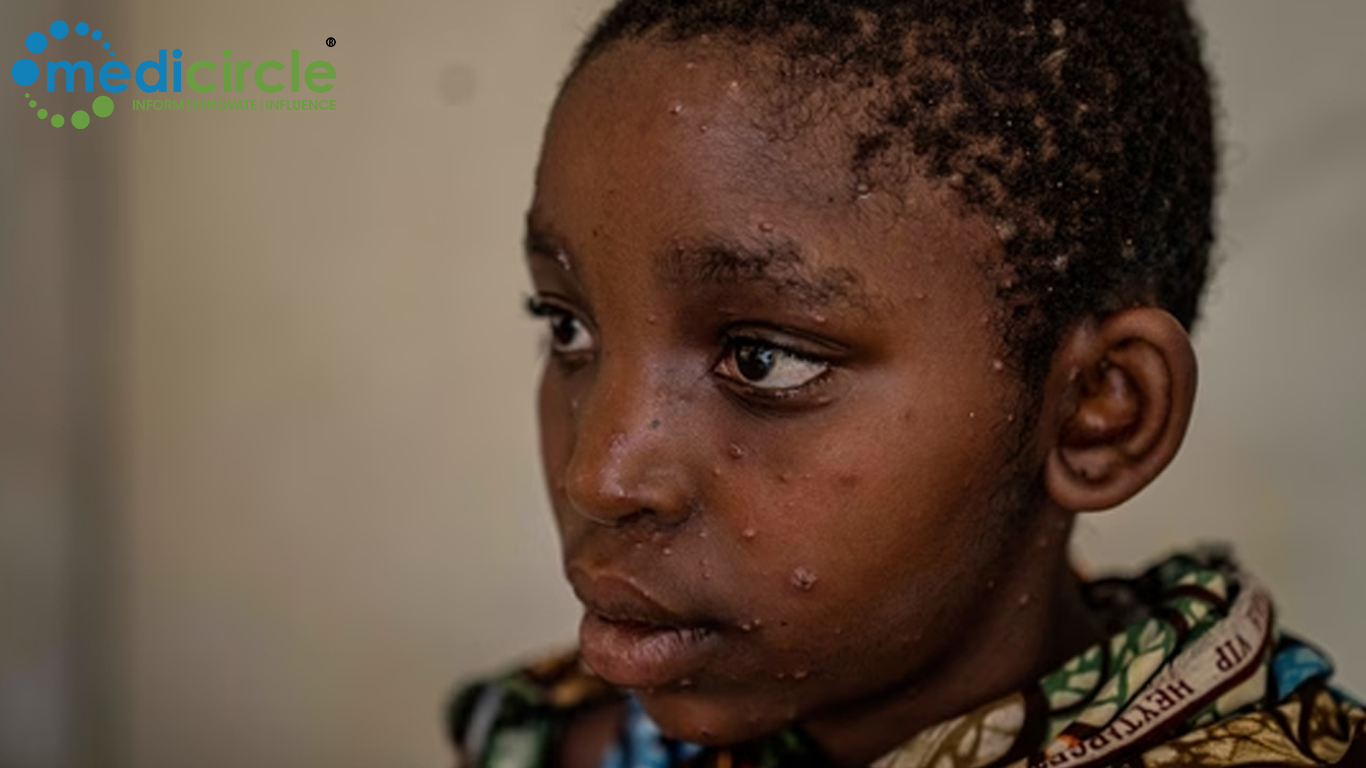
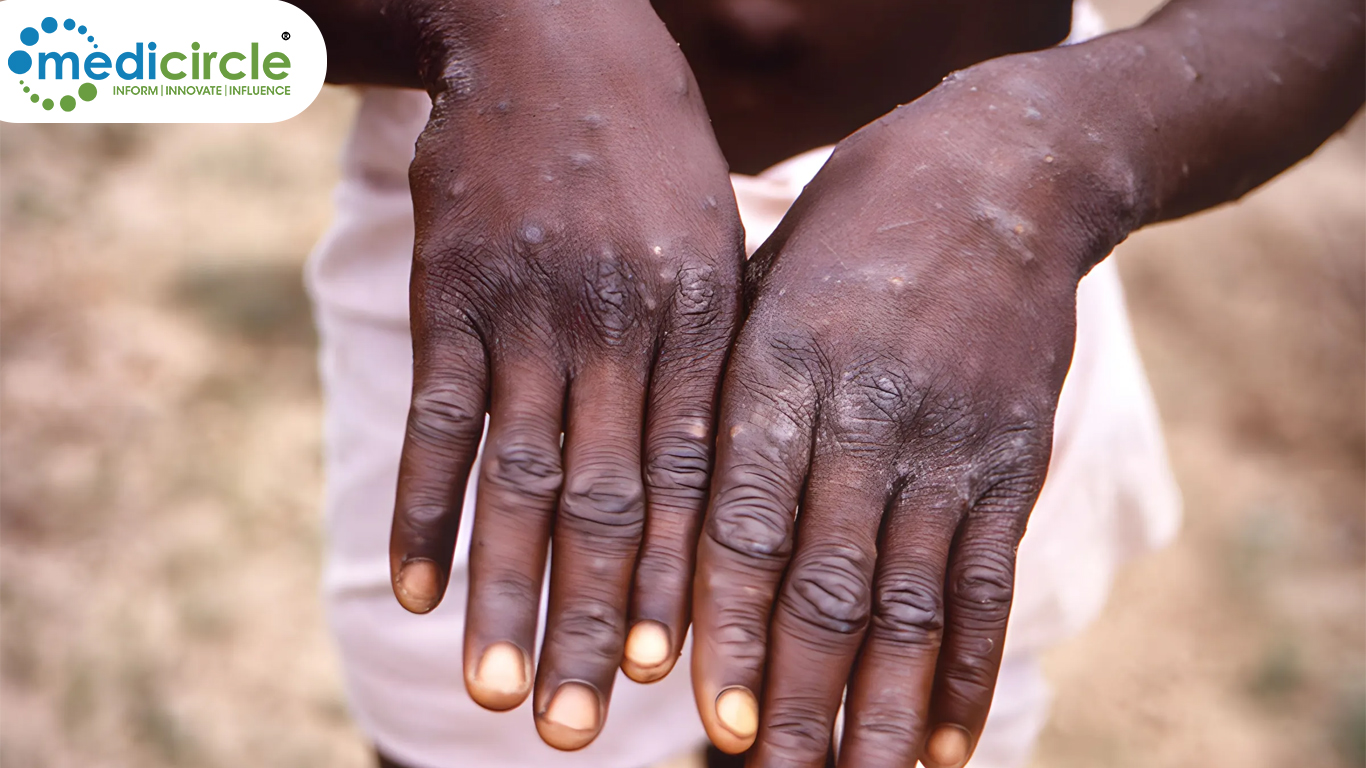

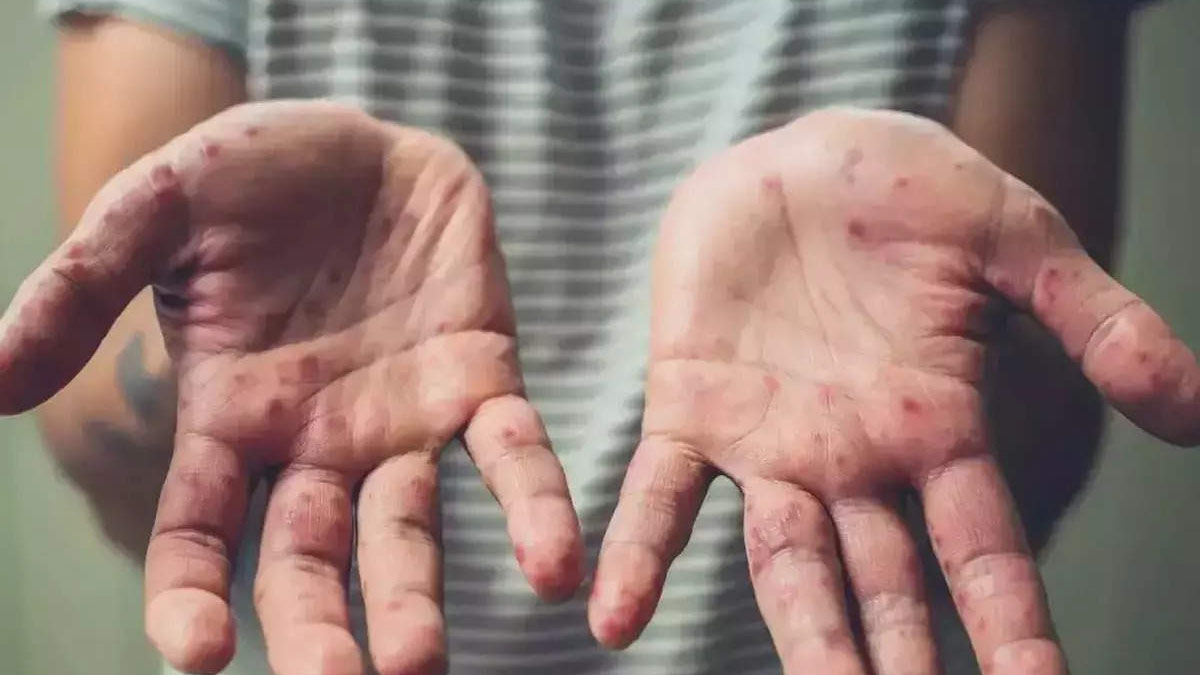





.jpeg)


.jpeg)



.jpeg)
.jpeg)






.jpeg)





